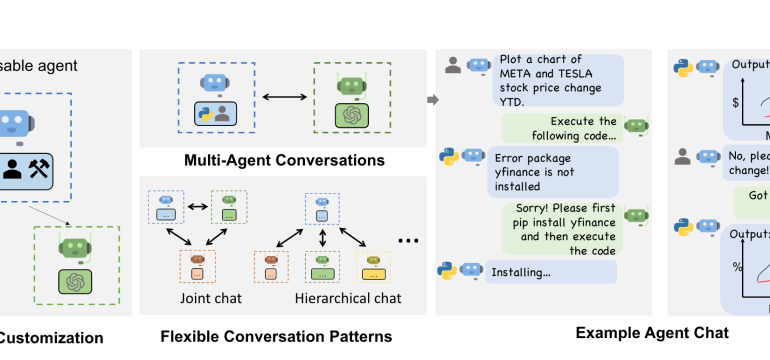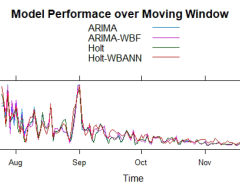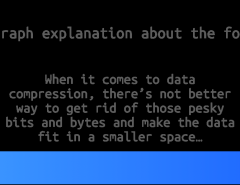Authors: Benjue Weng
Published on: April 13, 2024
Impact Score: 7.6
Arxiv code: Arxiv:2404.09022
Summary
- What is new: This article provides a consolidation of the latest fine-tuning methods specifically for large models, incorporating cutting-edge techniques which have not been collectively analyzed before.
- Why this is important: The explosion in use of large models like ChatGPT has created a demand for more efficient fine-tuning methods to address specific task or domain requirements.
- What the research proposes: The paper reviews advanced fine-tuning methods such as task-adaptive, domain-adaptive, few-shot learning, knowledge distillation, multi-task learning, parameter-efficient, and dynamic fine-tuning to enhance model performance.
- Results: The research consolidates the current state of fine-tuning methodologies, identifying key techniques and their efficacy in improving the performance of large models across various tasks.
Technical Details
Technological frameworks used: Not specifically mentioned
Models used: Large language models like ChatGPT
Data used: Text datasets for various domains and tasks
Potential Impact
AI-driven sectors, particularly those relying on natural language processing (e.g., conversational AI, search engines, content generation), could greatly benefit or face disruptions due to these advanced fine-tuning methodologies.
Want to implement this idea in a business?
We have generated a startup concept here: AdaptAI.




Leave a Reply